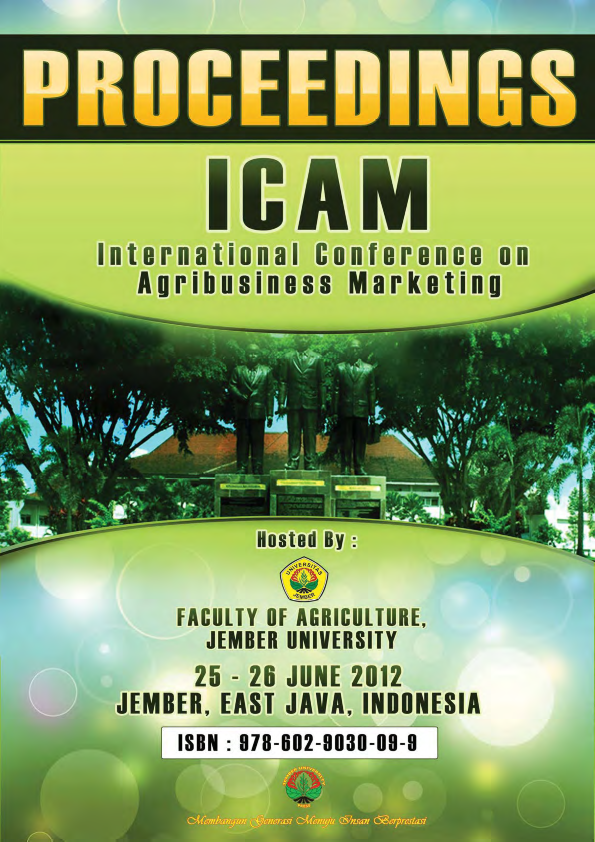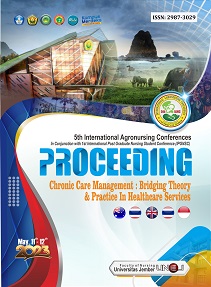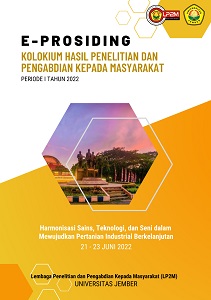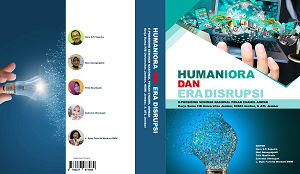GREEN MARKETING AND ITS IMPLICATIONS
Abstract
The concept of green marketing is defined as organisation’s efforts at designing,
promoting, pricing and distributing products that will not harm the environment. Clearly,
there are many considerations that may be addressed by businesses that choose to
undertake a green marketing agenda. To align themselves with the green initiatives,
businesses often focus on one or more of the three cornerstones of the green marketing
strategy called the 3-Rs: reusing, recycling and reducing. These practices are aimed at
controlling the amount of natural resources waste that often accompanies firms’ marketing
activities. By reusing of promotional materials, recycling materials (e.g. using recycled
papers to make bags) and reducing resource usage (e.g. energy conservation, sharing of
computers and transportation facilities), business or organisation can play a significant role
in protecting the environment. For services, reducing would include reworking service
processes to reduce their impact on the environment. Such practices may also help position
specific businesses or organisations as green oriented in the public’s mind and attract the
increasingly large green consumer segment.









